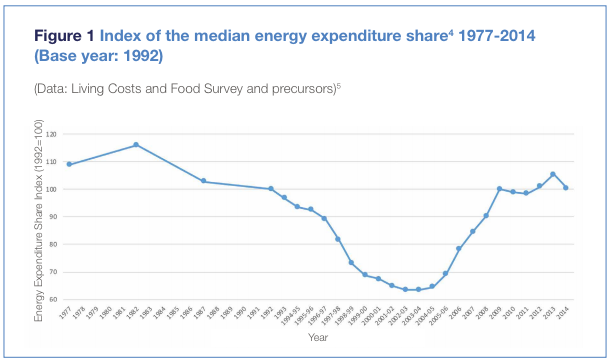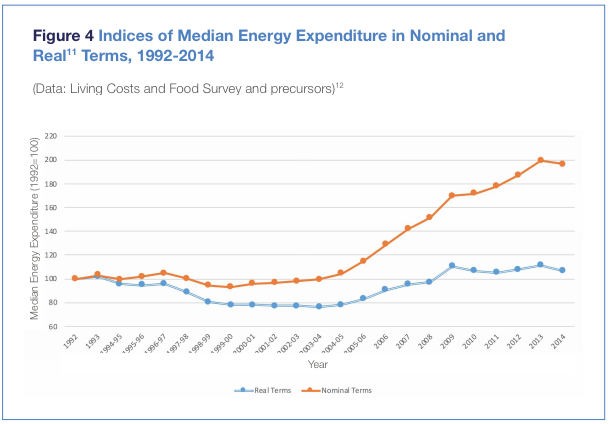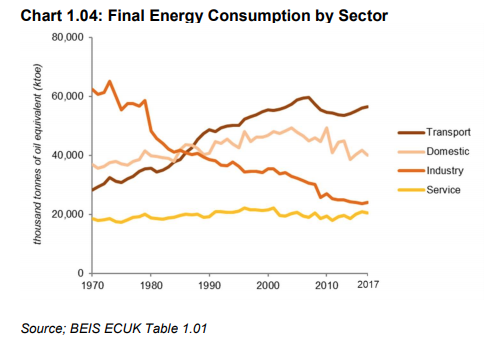 Energy industry regulation tries to achieve a number of conflicting objectives. It is therefore both complex and politically charged. This area of this Understanding Regulation website explains the issues, describes recent developments and offers links to more detailed information and discussion.
Energy industry regulation tries to achieve a number of conflicting objectives. It is therefore both complex and politically charged. This area of this Understanding Regulation website explains the issues, describes recent developments and offers links to more detailed information and discussion.
(Speaking in 2015, Sussex University's Professor Tol explained how difficult it is to settle on a optimal energy policy. Paraphrasing him somewhat:
A switch from petrol to diesel (in vehicle engines) is good for carbon dioxide emissions but bad for particulate emissions. Filters and scrubbers on power plants are good for acid rain but bad for climate change. Dearer energy is good for the environment but bad for poorer consumers and heavy users such as steel plants, and may anyway only shift heavy energy users offshore where they will face even lower regulatory standards. ... We can therefore confidently say that the current energy system is sub-optimal, but we cannot begin to answer the question what the optimal energy system would look like.)
The key social and political problem is that UK gas and electricity bills rose by 140% between 2004 and 2013, driven not only by higher wholesale prices but also by government climate change policies such as the cost of supporting renewable generation and the reintroduction of nuclear generation. This first chart shows (counter-intuitively) that median domestic energy spending (as a % of income) is not now high by historic standards. The anomalous years were from 1992 to 2008 when energy expenditure was relatively low.

But the above chart, and the blue line in the next one, eliminate the effect of inflation. The orange line - below - shows that energy bills broadly doubled, in cash terms, since 2004.

These enormous price rises clearly caused big problems for many households but the poorest in society were the hardest hit. Follow this link for further detail.
The Government was not, of course particularly forthcoming about the impact of its policies - rather as successive governments have been less than fully honest about the cost of environmental improvements within water bills. Further discussion of government intervention is here.
But many consumers - and especially poor and vulnerable consumers - did not take advantage of the opportunity to shop around and switch to lower cost suppliers. Follow these links for a further discussion of switching and effective competition and to read about the 2016 CMA report on the energy industry.
Businesses too - and especially energy intensive industries such as steel makers - complained they were, for instance, being 'crippled by electricity costs twice as high as Germany'. [The Times 26 August 2015]This was despite the fact that industry's energy consumption (measured in kilotons of oil equivalent) had been falling rapidly since around 2000 - as shown in this chart. Domestic energy consumption had fallen too, without which the energy price crisis would have been much worse.

Energy prices became even more controversial in late 2013 when most of the larger companies announced further price rises approaching 10% but were unable to explain how these could be justified. There were suggestions that the Big Six energy companies were not competing effectively because there were engaged in tacit coordination.
Politicians accordingly scrabbled to react, generally in ways which did not impress expert commentators.
But they did eventually ask the Competition and Markets Authority (CMA) to mount an investigation of the energy market, and its final report was published in June 2016. The CMA did not try to tackle tacit coordination, but did take steps to help customers identify and switch to the best deals.
Concerns have also been expressed about whether the UK will have sufficient electricity generation capacity during forthcoming winters. Looking forward, it has been estimated that it will be necessary to invest £200 billion in UK energy between 2010 and 2020. Bills will probably need to rise by a further 14-25% to attract and fund this investment.
But many believe that the government is offering over-generous price guarantees to companies that are investing in nuclear power, including Hinkley Point.
Developments since 2017 are summarised here.
Several detailed notes summarising the history of energy regulation from the 1970s to the present day may be accessed via the energy menu on my homepage.